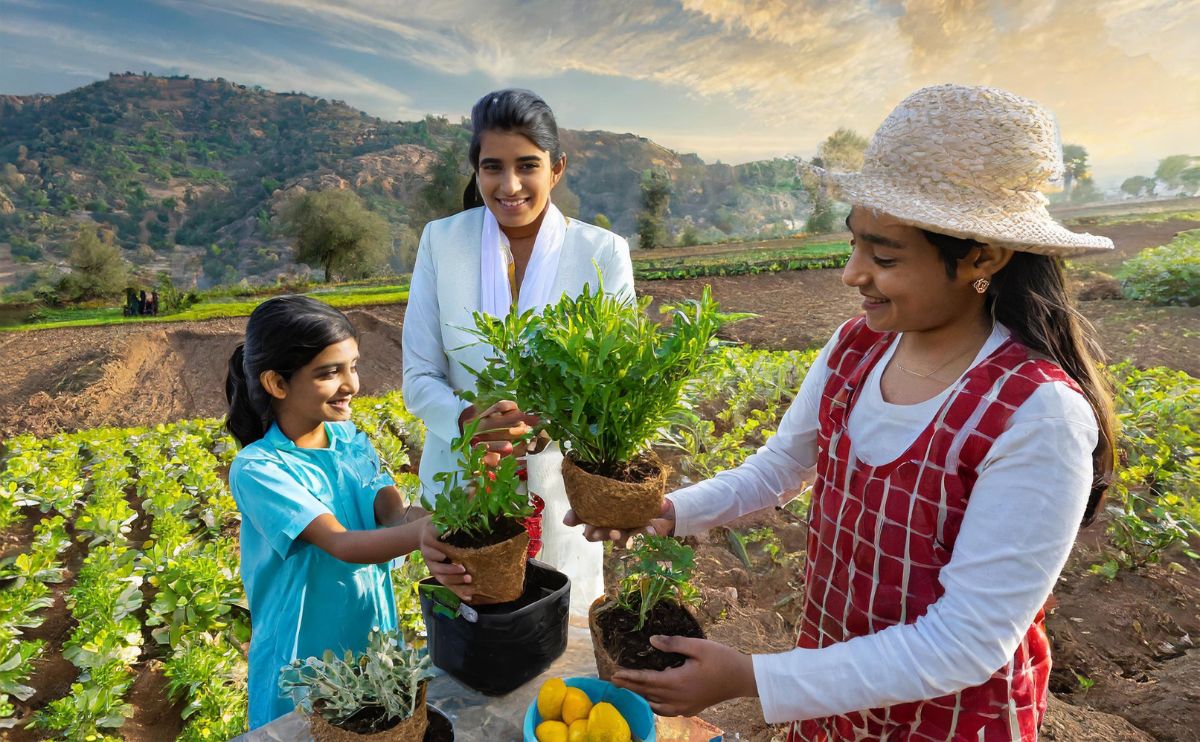Sustainable Farming Methods: Preserving the Land for Future Generations

In the bustling fields of agriculture, there’s a quiet revolution taking root – a shift towards sustainable farming methods. But what does sustainable farming really mean, and how does it shape the future of our planet? Let’s embark on a journey to explore sustainable farming methods and their crucial role in preserving the land for generations to come.
Understanding Sustainable Farming: A Greener Path Forward
What is Sustainable Farming?
Sustainable farming is a holistic approach to agriculture that aims to cultivate crops and raise livestock in a manner that minimizes environmental impact, promotes biodiversity, and preserves natural resources for future generations. It emphasizes the harmony between agricultural practices and the ecosystems they inhabit.
The Importance of Sustainable Agriculture
Sustainable farming is essential for safeguarding the health of our planet and ensuring food security for future generations. By prioritizing soil health, water conservation, and ecological balance, sustainable agriculture mitigates the negative effects of conventional farming practices such as soil degradation, water pollution, and habitat destruction.
Key Principles of Sustainable Farming
Soil Conservation: Nurturing the Earth
Healthy soil is the foundation of sustainable agriculture. Sustainable farming methods focus on preserving soil structure, enhancing fertility, and preventing erosion through practices such as crop rotation, cover cropping, and minimal tillage. By nurturing the soil, farmers ensure the long-term productivity of their land while reducing the need for chemical inputs.
Water Management: A Precious Resource
Water scarcity is a growing concern in agriculture, making efficient water management a cornerstone of sustainable farming. Techniques like drip irrigation, rainwater harvesting, and soil moisture monitoring help farmers optimize water usage, minimize runoff, and protect water quality. By conserving water resources, sustainable agriculture contributes to both environmental sustainability and farm resilience.
Biodiversity Conservation: Cultivating Harmony
Biodiversity is vital for ecosystem resilience and agricultural sustainability. Sustainable farming methods prioritize biodiversity conservation by preserving natural habitats, promoting crop diversity, and creating wildlife-friendly landscapes. By fostering biodiversity, farmers enhance ecosystem services such as pollination, pest control, and soil fertility, reducing reliance on synthetic inputs and enhancing farm resilience.
Integrated Pest Management: Balancing Act
Pesticide reliance poses significant risks to human health, environmental integrity, and ecosystem balance. Sustainable farming embraces integrated pest management (IPM) strategies that minimize pesticide use while effectively managing pests through biological control, crop rotation, habitat manipulation, and cultural practices. By balancing pest control with ecological harmony, farmers mitigate risks to human health and environmental integrity.
Energy Efficiency: Powering Sustainability
Energy consumption is a significant contributor to greenhouse gas emissions and climate change. Sustainable farming prioritizes energy efficiency by optimizing machinery use, adopting renewable energy sources, and reducing reliance on fossil fuels. By minimizing energy inputs and embracing renewable alternatives, farmers lower their carbon footprint and contribute to climate mitigation efforts.
Conclusion: Cultivating a Sustainable Future
In conclusion, sustainable farming methods offer a promising path towards a greener, more resilient agricultural future. By embracing principles of soil conservation, water management, biodiversity conservation, integrated pest management, and energy efficiency, farmers can cultivate thriving ecosystems, resilient communities, and a healthier planet for generations to come.